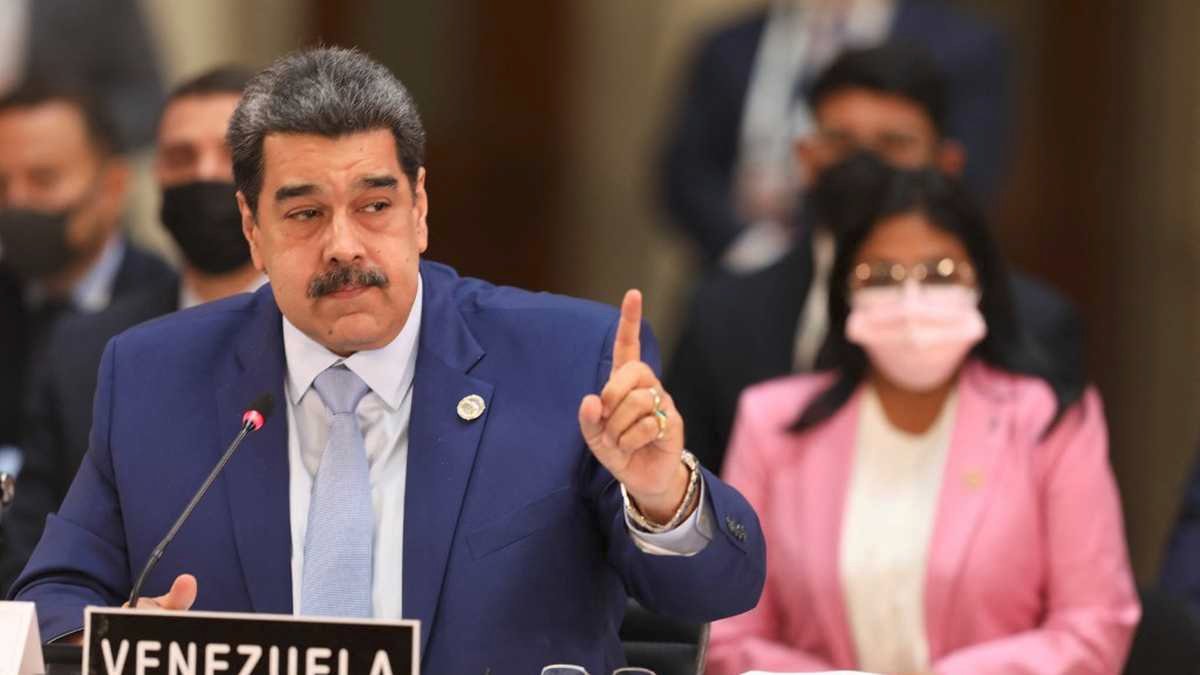
Contrary to corporate media myth, Venezuela was not a model democracy nor a “prosperous nation” before Hugo Chávez. The country's massive oil wealth only enriched the local elite and foreign companies. This gross inequality was reversed with the Hydrocarbon Law on #13Nov, 2001.🧵 

Chávez’ landmark Hydrocarbon Law increased gov’t oil royalties and imposed a 51% state stake in all joint ventures, thus ending foreign companies' decades-long reign over Venezuela’s oil resources and their siphoned-off profits. 

For the first time since becoming an oil-exporting nation in the 1920s, the Venezuelan people benefited from oil income. Chávez used the resources to deliver wide-ranging social and economic programs, improving the lives of millions. It was known as “repaying the social debt.” 

Just to name a few, Mission Robinson (which eradicated illiteracy in 2005) and the GMVV housing program (that has delivered over 3.7M homes to Venezuelan poor and working-class families), are among the programs created thanks to oil wealth redistribution. 

Such social improvements were an affront to Washington’s corporate White House. No longer being able to loot Venezuela’s oil resources, a political and economic war was set in motion, evolving in its murderous nature until reaching the deadly sanctions program imposed today. 

Since 2017, Washington has imposed wide-reaching sanctions against Venezuela’s oil industry, causing a drastic 1.5M barrels per day (bpd) fall in oil output and massive revenue losses of around $30B a year.
We explain these measures in this infographic: venezuelanalysis.com/images/15301
We explain these measures in this infographic: venezuelanalysis.com/images/15301
However, Venezuela’s sovereignty is not for sale. With gov’t and allied nations’ support, oil workers have spearheaded an uphill struggle to recover the oil sector amidst the US blockade.
Venezuelans will not surrender their resources to foreign interests.
Venezuelans will not surrender their resources to foreign interests.

• • •
Missing some Tweet in this thread? You can try to
force a refresh















